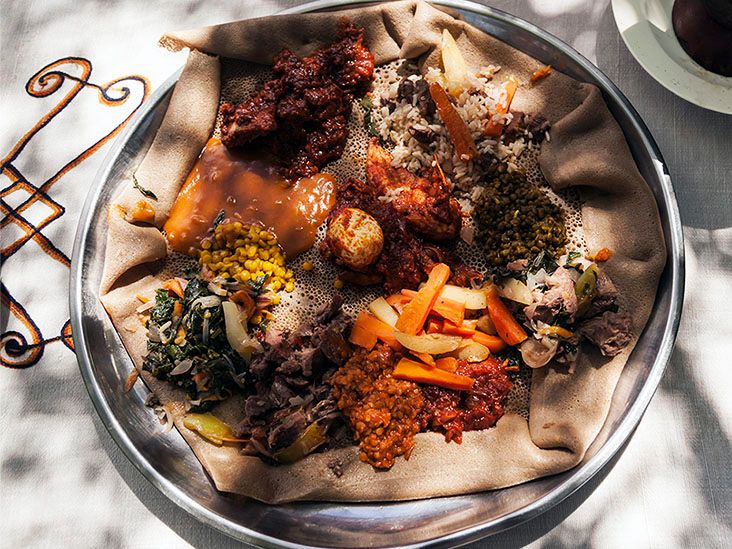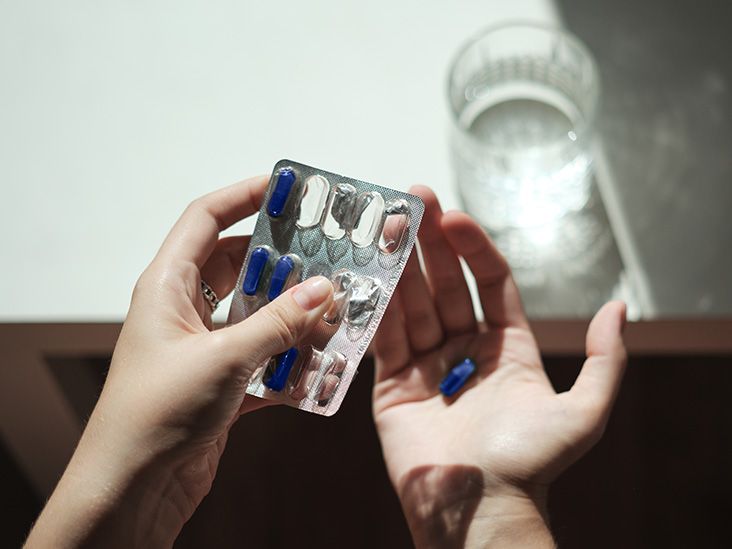Gaining weight with ulcerative colitis may include eating nutrient-dense food and drinks, increasing protein, and tracking calories.
Ulcerative colitis (UC) can make it hard for some people to maintain a moderate weight. This may be due to malabsorption, loss of appetite, or the side effects of medications.
If people are too underweight, they may face certain health problems due to a lack of nutrients or energy.
This article provides tips for gaining weight with UC.
IBD resources
Visit our dedicated hub for more research-backed information and in-depth resources on inflammatory bowel disease (IBD).

Getting enough nutrients and calories is important for good overall health. Maintaining a healthy weight helps the body meet its energy needs and get all the nutrients it requires to function properly.
Excess weight loss can lead to health problems such as malnutrition, which
- loss of muscle mass
- negative effects on respiratory and immune function
- delayed healing and recovery
- longer hospitalization
People with ulcerative colitis may be able to gain weight through dietary changes such as eating more high-calorie foods, increasing protein intake, and eating smaller meals more frequently.
To gain weight, people will need to consume more calories than they are burning off.
The Crohn’s and Colitis Foundation recommends people with significant weight loss, which is more than 5% weight loss in a month, add an extra 250 to 500 calories.
To ensure people are consuming enough calories, it may help to count the number of calories they burn and consume in a day. A person may want to work alongside a dietician or nutritionist or use an app or online calorie calculator.
Individuals may find it easier to eat smaller meals more frequently throughout the day rather than a few larger meals.
People can aim for 5 to 6 smaller meals or snacks per day or more if they feel hungry. They should aim to eat at least every 2 to 3 hours, even if they do not feel hungry. It may help a person to set a timer to remind them to eat regularly.
Eating food and drinks that are higher in calories may make it easier for people to gain weight. People can aim to include high-calorie foods in each meal or snack.
Examples of high-calorie foods include:
- nuts and nut butters
- oils, such as olive or peanut oil
- fatty fish, such as salmon or sardines
- avocado
- olives
- seeds, such as chia seeds
- grains, such as oat bran or wheat germ
- dried fruit
- whey powder
- dry milk powder
- butter
- honey
- maple syrup
- jelly
Drinking nutrient-dense beverages, such as juices or smoothies, can help a person get more nutrients and calories.
A person can drink in between meals, or if they do not feel like eating a meal, protein shakes or smoothies can work as a meal replacement.
People may want to try the following smoothie recipe, which is also high in calories and protein:
- 6 ounces (oz) Greek yogurt
- 1 banana
- 1 cup low-fat milk
- 28 grams (g) whey protein
- 1 tablespoon natural peanut butter
People can also add in extra fruit and vegetables for added nutrients.
During active periods of UC, the body’s need for protein increases, so adding more protein throughout the day can help.
Examples of high-protein foods include:
People may want to focus on light exercise to support overall health and increase appetite without burning too many calories.
Exercise
Chronic inflammation with IBD
- fruits, such as raspberries, bananas and applesauce
- vegetables, such as cooked carrots, green beans, and squashes
- foods high in omega-3 fatty acids, such as fatty fish, chia seeds, ground flaxseed, and walnut butter
Macronutrients are carbohydrates, fat, and protein that supply
People can aim to include each of these macronutrients in every meal and avoid diets that cut out any macronutrients. They may also want to use an app to track macronutrients to ensure they are getting enough of each.
If people have a low appetite or feel nauseous, they can eat what they feel most like eating in that moment. Getting enough calories is important, so it is best for a person to eat what they feel like rather than nothing.
Keeping favorite foods to hand and in an easy-to-reach, visible place can help stimulate appetite.
If symptoms such as pain, nausea, or diarrhea make it hard to gain weight, a person can talk with a doctor about UC treatments.
These
This section answers some frequently asked questions about gaining weight with UC.
Is it hard to gain weight with ulcerative colitis?
Factors such as poor digestion, malabsorption, loss of appetite, and medication side effects may make it difficult to gain weight with UC. Creating a plan to increase calorie intake and nutrient-dense foods may help.
If people are struggling to gain weight with UC, it is important to talk with a healthcare professional.
What fatty foods are good for ulcerative colitis?
Foods containing omega-3 fatty acids may be beneficial for UC, such as:
- mackerel
- salmon
- herring
- sardines
- flaxseed
- walnuts
- chia seeds
Loss of appetite, digestion difficulties, and UC symptoms may make it difficult to maintain or gain weight. Increasing protein intake, eating high-calorie foods, and eating smaller meals more frequently can help.
People may want to talk with a healthcare professional to discuss a nutrition plan for weight gain.


